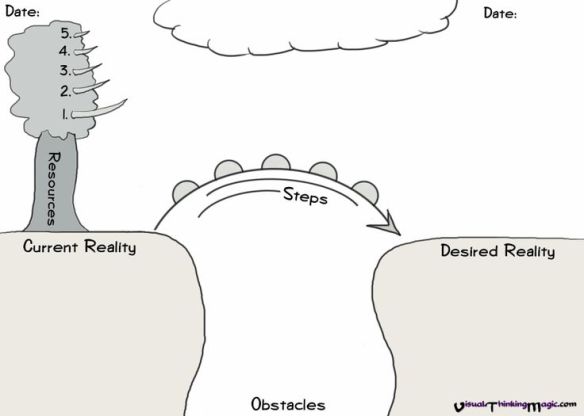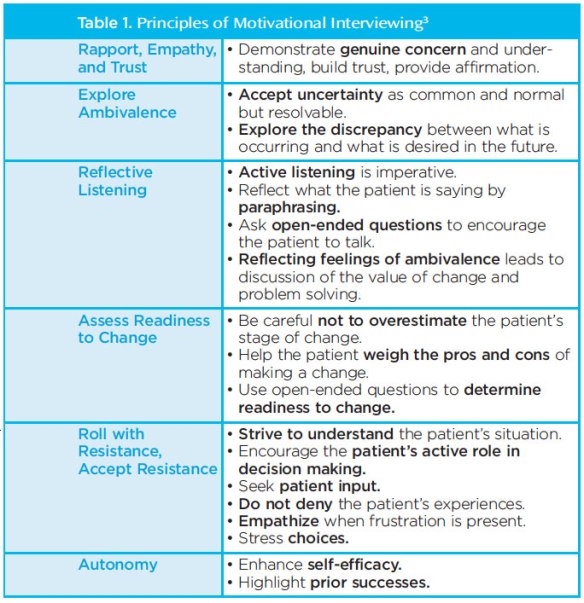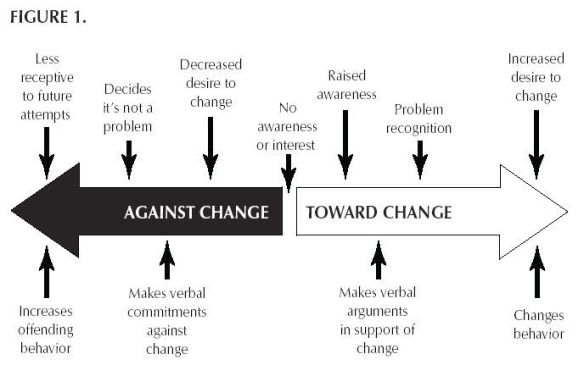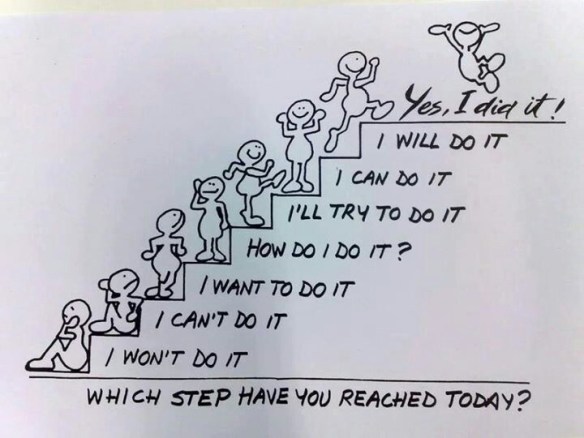Motivating all students can be a challenge. This post focuses on the issues and strategies to help support those pupils who need us as teachers to meet them where they are at and help them find their way to motivation.
Reading
Motivating Learning in Young Children- NASP
Motivation Matters: 40% Of High School Students Chronically Disengaged From School
The Motivation Equation: Understanding a Child’s Lack of Effort by Kenneth Barish, Ph.D.
Student Motivation, Engagement, and Achievement
Motivating Students to Learn By: Heather Voke
Classroom Applications of Cognitive Theories of Motivation By: Nona Tollefson
Motivation: The Key to Academic Success By: LD OnLine
How can parents help
Parents are central to student motivation. The beginning of a new school year is very important. Children with LD and ADHD often struggle with change. Parents can help get the year off to a good start.
- Provide a warm, accepting home environment.
- Give clear directions and feedback.
- Create a model for success
- Build on the student’s strengths
- Relate schoolwork to the student’s interests
- Help build a family structure that fosters consistent work towards the goal.
- Help the student to have some control over how and when he learns.
- Emphasize the child’s progress rather than his or her performance in comparison to the other students in the class or family.
- Remember to reinforce the behavior you want.
- Use reinforcers wisely. Recall that intrinsic motivation works best. Follow a child’s interests, when possible, rather than spending time building elaborate reward systems Source
Strategies
Students lack interest or motivation – Strategies
Using Motivational Interviewing to Help Your Students by Lisa A. Sheldon
Motivation — Helping Your Child Through Early Adolescence – U.S. Department of Education
21 Simple Ideas To Improve Student Motivation
Enhancing Students’ Motivation By Annick M. Brennen
The Student Lacks Confidence that He or She Can Do the Work
What the Research Says: Students who believe that they have the ability to complete a particular academic task (self-efficacy) do better and have higher levels of motivation (Jacobs et al., 2002). Yet students often sabotage their academic performance by engaging in negative self-talk about their abilities and by making faulty attributions to explain poor academic performance (Linnenbrink & Pintrich, 2002). Source
Presentation Six Reasons Why Students Are Unmotivated (and What Teachers Can Do) Jim Wright
Reasons for Lack of Motivation Stipek
Why Students Are Not Motivated to LearnSternberg
Why Intelligent People FailCognitive-Oriented
Reasons
- Present activities not seen as related to important goals.
- Do not have (or believe one does not have) the ability to do present activities or obtain future goals.
- Distractibility and lack of concentration
- Spreading oneself too thin or too thick
- Inability or unwillingness to see the forest for the trees
- Lack of balance between critical, analytic thinking and creative, synthetic thinking
- Using the wrong abilities
Affective/Socially-
Oriented Reasons
- Feelings/emotions about present activities are generally negative.
- Satisfaction of achieving goals seems in distant future.
- Personal problems interfere with present activities.
- Misattribution of blame
- Fear of failure
- Excessive self-pity
- Excessive dependency
- Wallowing in personal difficulties
- Too little or too much self-confidence
Conative/Volitionally-
Oriented Reasons
- Do not have a written list of important goals that define success personally.
- Believe that present goals or activities are wrong for individual.
- Important goals conflict with present activities.
- Failure to initiate
- Lack of motivation
- Lack of perservance and perseveration
- Inability to complete tasks and to follow through
- Lack of impulse control
- Inability to translate thought into action
- Procrastination
- Lack of product orientation
- Inability to delay gratification
Environmentally-Oriented Reasons
- Extrinsic incentives are low.
References
- Sternberg, R. (1994). In search of the human mind (395-396). New York: Harcourt Brace.
- Stipek, D. (1988). Motivation to learn: From theory to practice. Englewood Cliffs, NJ: Prentice Hall.
Motivational Interview
“Motivational Interviewing is a collaborative, goal-oriented style of communication with particular attention to the language of change. It is designed to strengthen personal motivation for and commitment to a specific goal by eliciting and exploring the person’s own reasons for change within an atmosphere of acceptance and compassion.” Miller and Rollnick (2012)
“When we think of failure; Failure will be ours. If we remain undecided; Nothing will ever change. All we need to do is want to achieve something great and then simply do it. Never think of failure, for what we think, will come about.” ~Maharishi Mahesh Yogi

Motivational Interviewing Strategies and Techniques: Rationales and Examples




